Speakers: energy conference 2016
speakers
Date: 11-12 May 2016
Venue: Nordic Hotel Forum, Tallinn, Estonia
Language: English
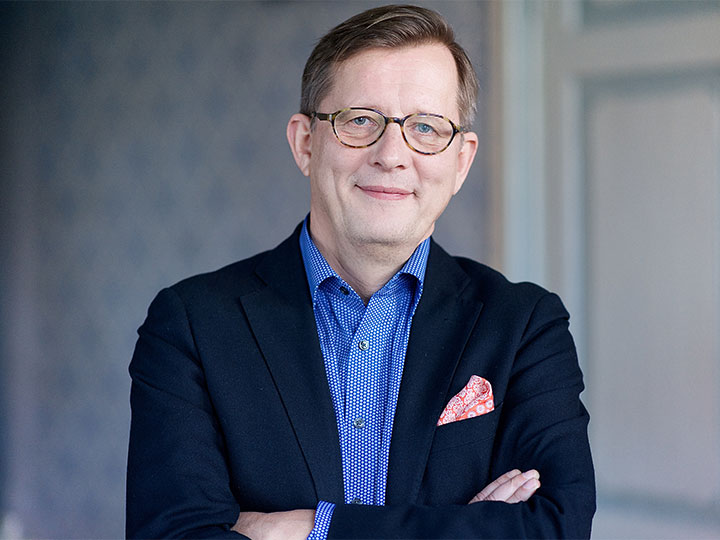
Christer Haglund
Director of the Nordic Council of Ministers’ Office in Estonia
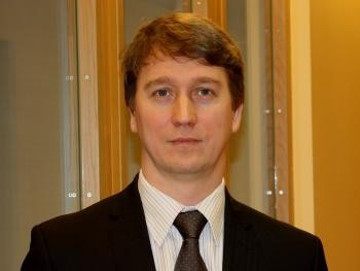
Ando Leppiman
Vice-chancellor of the Ministry of Economic Affairs and Communications of Estonia
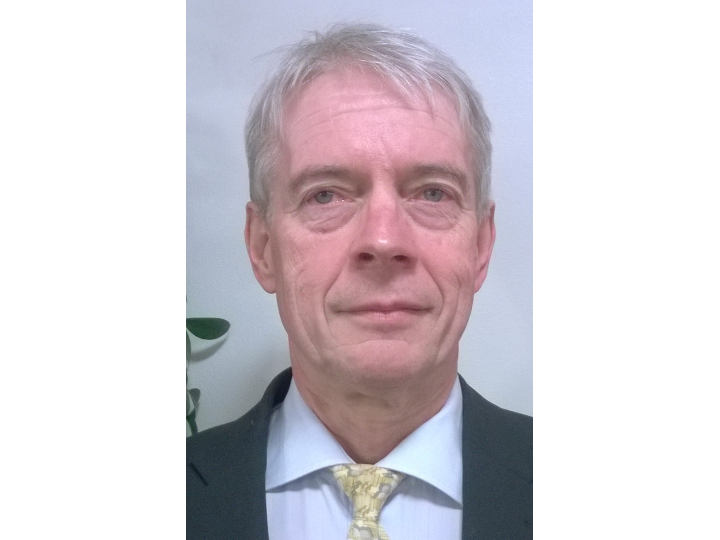
Hannu Lipponen
Senior Advisor, Ministry of Employment and the Economy, Finland
Nordic co-operation on energy efficiency and renewable energy are increasingly influenced by EU energy policy. This was seen in the 2015 meeting of the Nordic Energy Ministers. Regional cooperation is in the focus in the Energy Union. The Nordic and Baltic countries have a common electricity market. There are not, however, established fora for dialogue on EE and RES between the NB8 countries. This conference serves as a good start for the future dialogue.
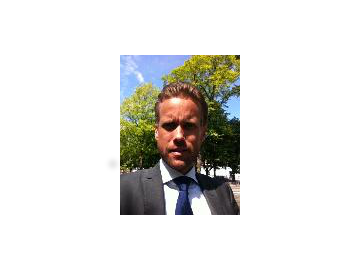
Mårten Westrup
Team Leader at the EU Commission
The Energy Union Strategy adopted by the European Commission in February 2015 is now beeing implemented and 2016 is a crucial year. Policy actioon at EU and national level across the five dimensions of the Energy Union is necessary to meet its objectives. Enhanced governance and regional cooperatioon will be key tools to ensure coherence.
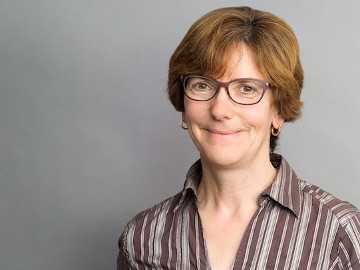
Ute Collier
Senior Programme Leader of the International Energy Agency (Renewable Energy Division)
Dr. Ute Collier gives two presentations at the conference. Renewable energy deployment and energy performance vary significantly between countries. The first presentation will explore drivers for this variation and highlight some lessons learnt. Renewable energy deployment will have to be scaled up significantly towards 2030 – not only in power but also in the heat and transport sectors. The second presentation will explore to what extent markets can be relied on to deliver this scale-up and what type of policy support will be needed.
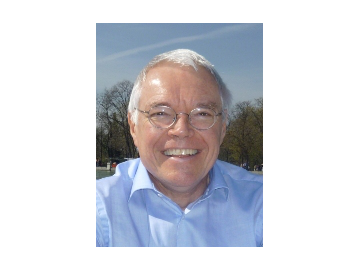
Jean Arnold Vinois
Adviser of the Jacques Delors Institute
The Energy Union offers a unique opportunity to optimize the European energy resources and infrastructures, in a spirit of solidarity. It requires to adopt an holistic approach to energy, putting the consumer at the centre. While pursuing the reduction of GHG, the promotion of renewables and energy efficiency, the Energy Union should build on the major evolution of the energy sector driven by the diversification of sources of energy, innovation, digitalisation and empowerment of consumers.
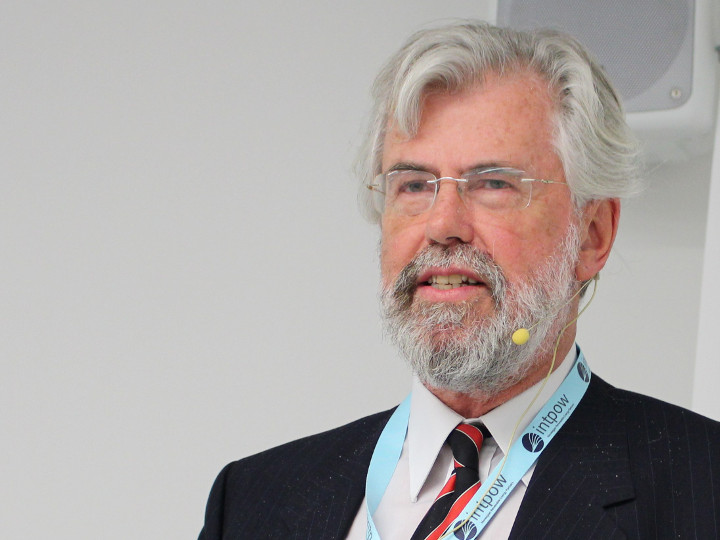
Hans Jørgen Paludan-Müller Koch
CEO of the Nordic Energy Research
Heading towards 2030 targets and building on regional co-operation.
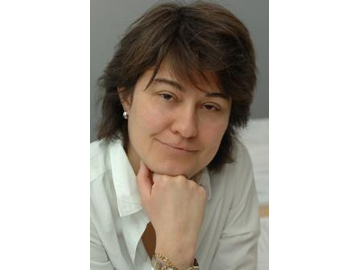
Claudia Canevari
Deputy Head of Unit of the DG Energy, EU Commission
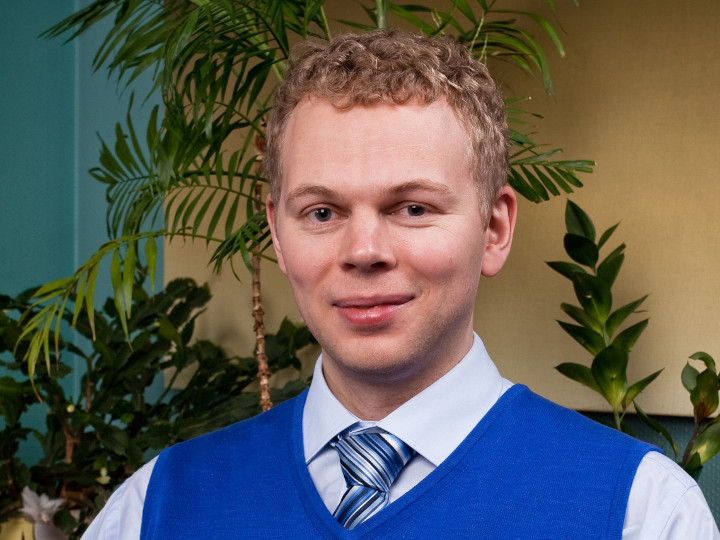
Madis Laaniste
Head of Strategy of the Ministry of Economic Affairs and Communications, Estonia
Looking the years ahead until 2030, the key questions in energy efficiency are: will the markets deliver and what would be appropriate level of governmental intervention? In its long-term energy efficiency policy, Estonia will focus on buildings, transport and resource efficiency in industry. What are the reasons behind that and how we are planning to achieve our 2030 goals domestically? Is there a potential for regional synergies?
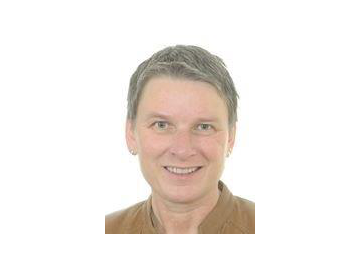
Toril Johanne Svaan
Deputy Director General of the Ministry of Petroleum and Energy, Norway
We are regulating energy markets bacause we are concerned about efficient use of resources. Still energy efficiency is adressed as a special issue. I will try to put this into context.

Signe Marie Enghave
Advisor of the Danish Energy Agency
Signe Marie Enghave will give an introduction to the energy efficiency policies in Denmark.
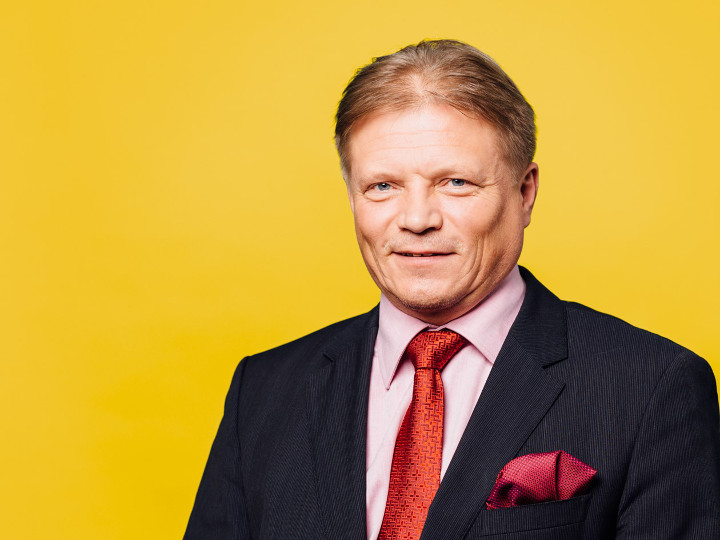
Jouni Kivirinne
Business Development Manager of the Helen OY (Helsinki Energy Company), Finland
Urban enviroment is more than set of separate buildigs. It is an ecosystem, that consists of buildings, humans, companies, traffic and other infrastructures as service- and technical infrastructure, including energy systems. Modern energy infrastructure integrates with buildings. With integrated system we at Helen LTD have reached new ways to create value for our customers and simultaneosly increse use of renewable energy as required by directives RES, EED and EPBD.

Harald von Heyden
Enfo AS, Norway
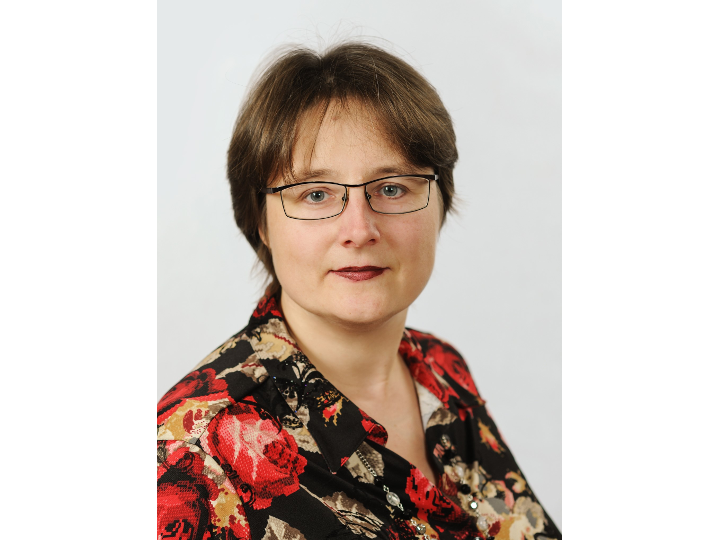
Ruta Baltause
Policy Officer of the DG Energy, EU Commission
The presentation will cover EU and Member State progress towards 2020 RES targets, the forthcoming Renewable Energy Directive review and the potential role of BEMIP and regional cooperation with respect to 2020 and 2030 RES targets.
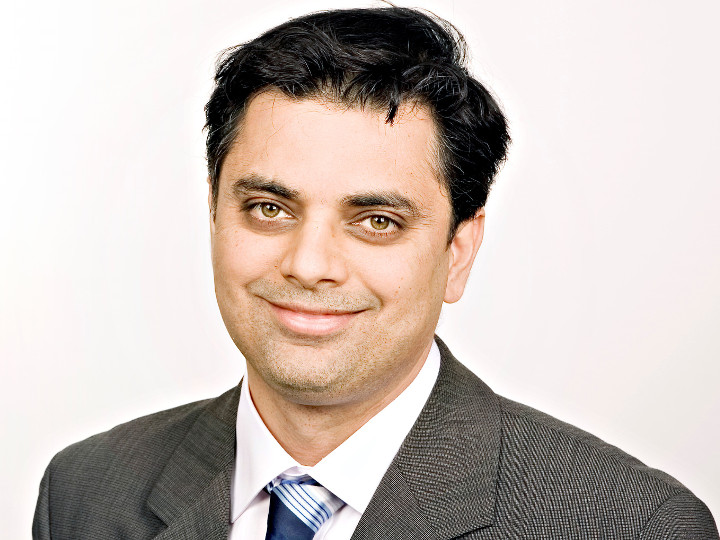
Ash Sharma
Special Adviser for Climate Change of the Nordic Environment Finance Corporation
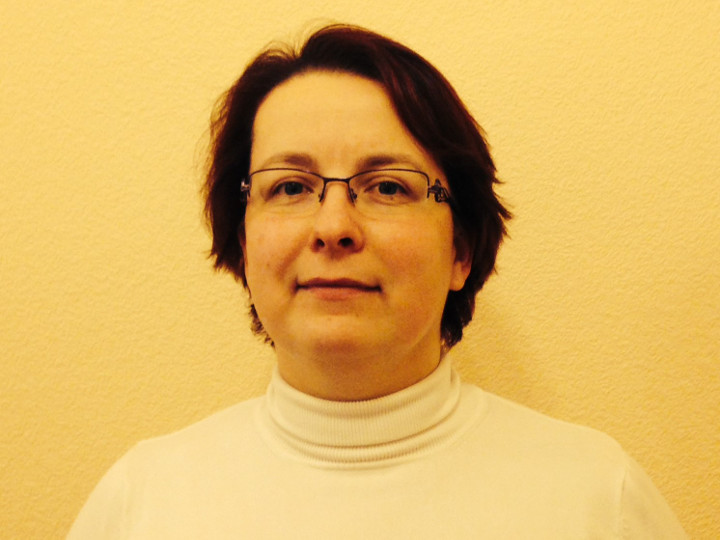
Aija Timofejeva
Director of Renewable Energy and Energy Efficiency Department, Ministry of Economics, Latvia
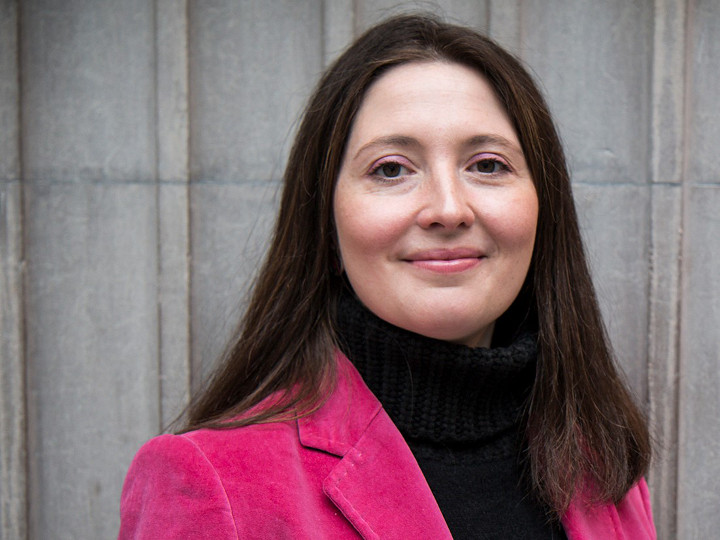
Eva Centeno López
Deputy Director of the Energy Division, Ministry of Environment and Energy, Sweden
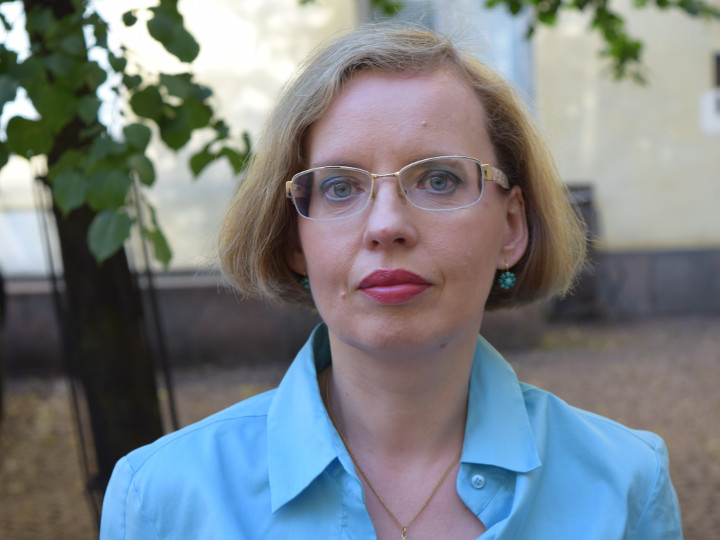
Anja Liukko
Counsellor of the Ministry of Employment and the Economy, Finland
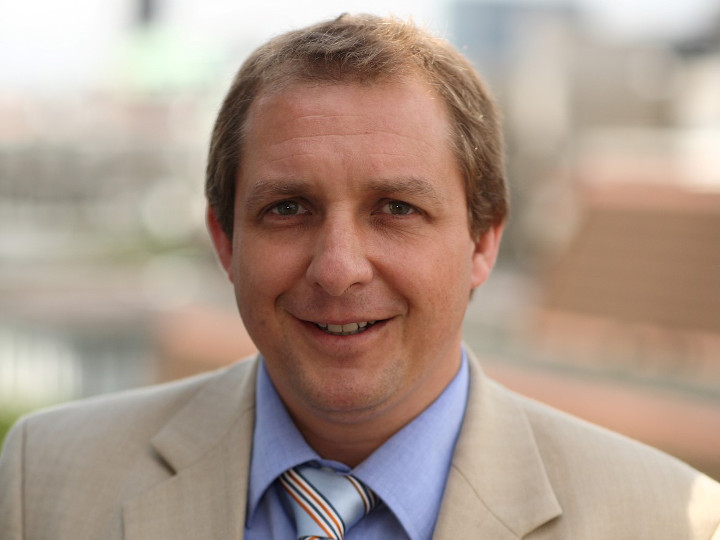
Dirk Hendricks
Senior Policy Advisor of the European Renewable Energies Federation

Jens Bjöörn
Senior Manager Public Affairs, Fortum
Market based solutions is the most cost efficient way to reach renewable targets especially from a socio economic perspektive.
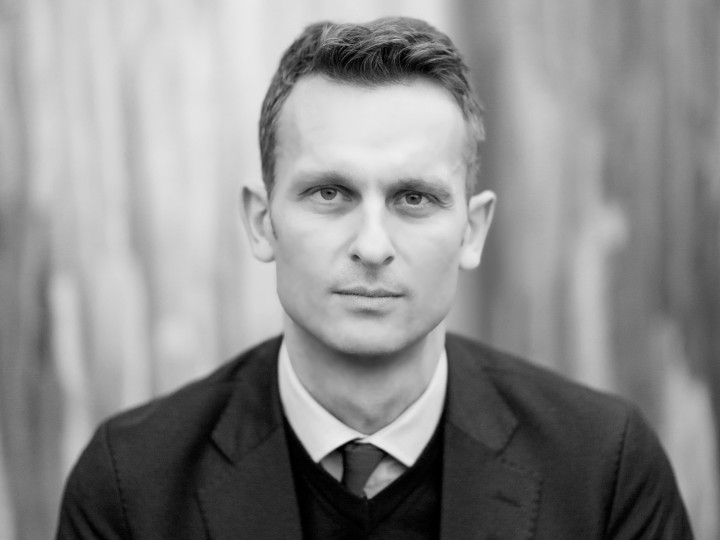
Knut F. Kroepelien
Senior Policy and Legal Adviser of the Energy Norway
Experience with NO-SE sertificate system, experience with ETS. Assessment of future challenges and recommendations seen from Energy Norway.
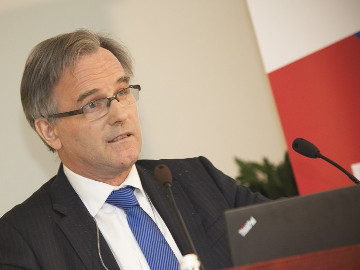
Johan Vetlesen
Deputy Director General of the Ministry of Petroleum and Energy, Norway
The Energy Union process is of interest for Norway as a member of the EEA as well as being a main energy supplier and part of the Nordic electricity market. All the dimensions of the Energy Union represent new challenges and this conference provides excellent opportunity to explore the implications for the Nordic and Baltic countries. Johan is coordinating Nordic energy cooperation while being also one of the drivers behind the Nordic-Baltic energy conferences for the past few years.
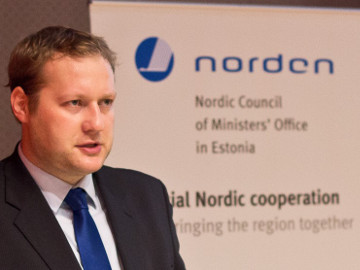
Timo Tatar
Head of Energy Department of the Ministry of Economic Affairs and Communications, Estonia
Timo Tatar will chair the first day of the conference.
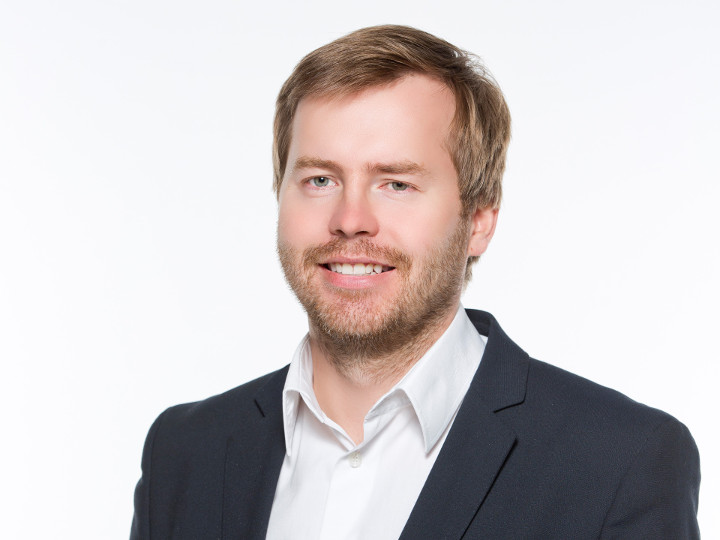
Rene Tammist
CEO of the Estonian Renewable Energy Association
Rene Tammist will chair the second day of the conference.